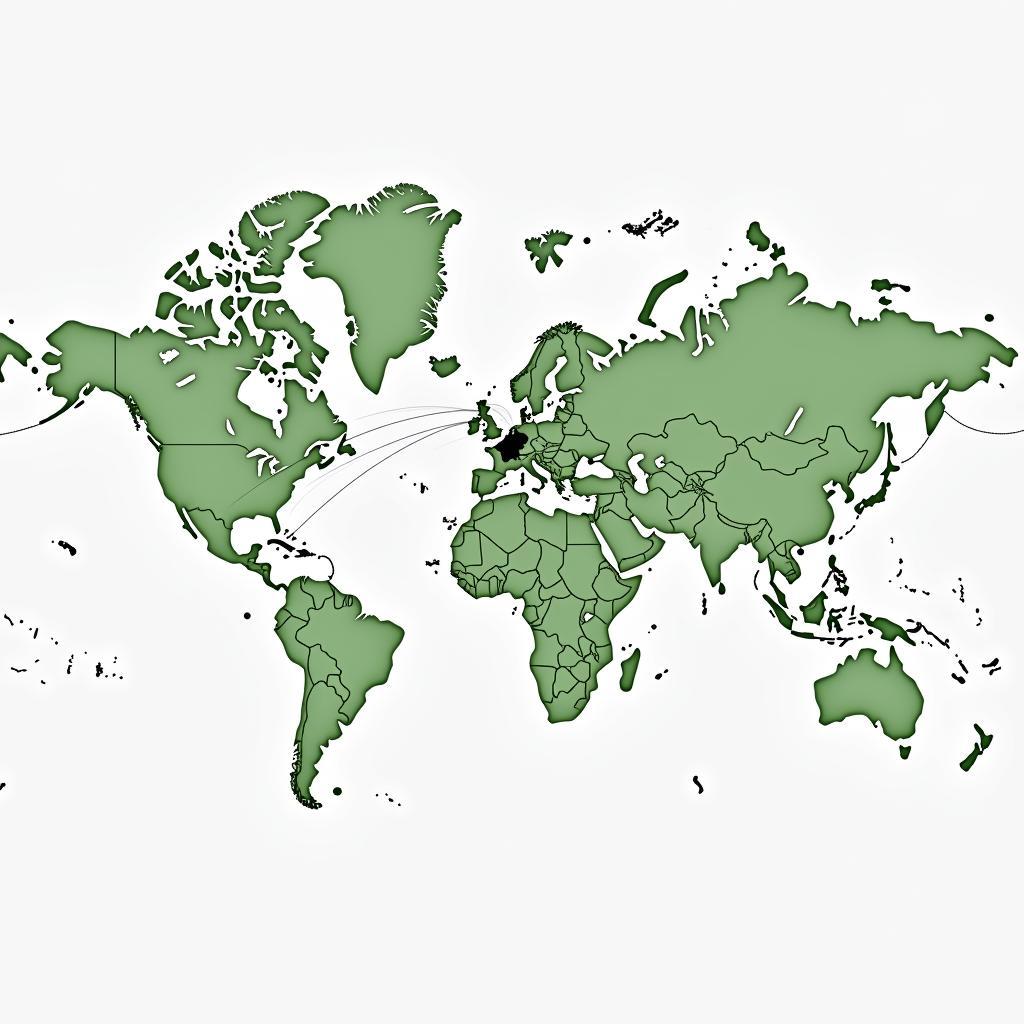Pakistan’s decision to join the Non-Aligned Movement (NAM) was a significant foreign policy move. This article explores the historical context, motivations, and implications of Pakistan Join Nam, examining its impact on Pakistan’s international relations and domestic landscape.
Pakistan’s pursuit of non-alignment stemmed from a complex interplay of factors, including its nascent geopolitical position, the Cold War’s polarizing effects, and the desire to carve out an independent foreign policy. The newly formed nation sought to navigate the turbulent international waters by avoiding entanglement in the superpower rivalry. pakistan joined nam in 1979, marking a pivotal moment in its foreign policy trajectory.
Understanding Pakistan’s Motivation for Joining NAM
Several key factors contributed to Pakistan’s decision to embrace non-alignment. Firstly, the Cold War presented a challenging environment for newly independent nations. Aligning with either bloc carried the risk of becoming embroiled in superpower conflicts. Secondly, Pakistan aimed to establish itself as a leader in the developing world and advocate for the interests of post-colonial states. NAM provided a platform to amplify this voice. Finally, non-alignment offered a pathway to secure economic and technical assistance from both blocs without compromising sovereignty.
Navigating the Cold War Landscape
The Cold War’s bipolarity cast a long shadow over international relations, influencing the foreign policy choices of nations worldwide. Pakistan, seeking to preserve its independence, viewed NAM as a viable alternative to bloc politics. The movement offered a space for countries to maintain their sovereignty and pursue their national interests without being drawn into the superpower rivalry. This resonates even today, as nations grapple with evolving geopolitical dynamics. What were the long-term implications of Pakistan joining NAM? How did this decision shape its relationship with other countries?
The Impact of NAM Membership on Pakistan
Joining NAM had profound consequences for Pakistan’s foreign policy. It allowed the country to cultivate relationships with a diverse range of nations across the globe, fostering economic and diplomatic ties beyond the confines of Cold War alliances. Membership in NAM also bolstered Pakistan’s standing within the developing world, enhancing its influence in international forums.
“Pakistan’s membership in NAM provided a platform to advocate for issues crucial to developing nations,” notes Dr. Ayesha Khan, a prominent Pakistani historian. “It allowed the country to play a more active role in shaping the global agenda.”
 Pakistan and NAM Diplomatic Relations
Pakistan and NAM Diplomatic Relations
Strengthening Ties with the Developing World
NAM provided a forum for Pakistan to forge stronger bonds with other developing nations. Through collaborations within the movement, Pakistan was able to access technical assistance, economic aid, and share best practices with countries facing similar challenges. This cooperation contributed to Pakistan’s development efforts and solidified its position within the global South.
when pakistan joined nam represented a shift towards a more independent foreign policy, one that prioritized its own interests and those of the developing world.
Conclusion: Pakistan’s Continued Engagement with Non-Alignment
Pakistan’s association with NAM remains relevant in the 21st century. While the Cold War has ended, the principles of non-alignment – national sovereignty, self-determination, and peaceful coexistence – continue to resonate in international relations. Pakistan join nam has indelibly shaped its foreign policy, fostering a spirit of independence and multilateralism.
short service commission in pakistan air force
shell mobil oil price in pakistan
When you need assistance, please contact us at Phone Number: +923337849799, Email: news.pakit@gmail.com or visit us at Dera Ghazi Khan Rd, Rakhni, Barkhan, Balochistan, Pakistan. We have a 24/7 customer service team.